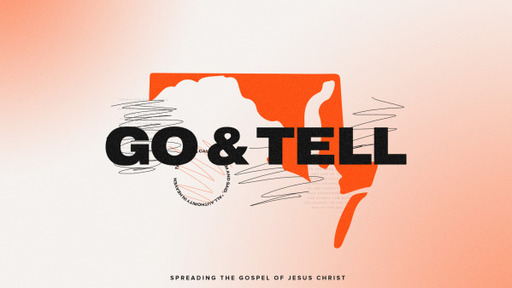Jehovah’s Witness Evangelism Part 2

In 1931 the name “Jehovah’s Witnesses” was coined to distinguish the main body of the cult from a breakaway group.
His main claim was that Jesus Christ, a perfect man, had returned invisibly to earth in 1874 in order to prepare for the Kingdom of God which was expected to materialize after the Battle of Armageddon in 1914. The overriding responsibility of believers was to study the Bible and to warn as many people as possible about the impending ‘end time’ so that they might survive on earth, in turn, a First Judgement, Christ’s millennial reign on earth, and a Second Judgement.
“we have endeavoured to build … the teachings of scripture in such a manner that, so far as possible, purely human judgment may try its squares and angles” (Rutherford). “Let us examine the character of the writings claimed as inspired, to see whether their teachings correspond with the character we have reasonably imputed to God” (Rutherford).
“that notorious, pagan doctrine, the Trinity.”
Russellism reduces atonement* to a mere “at-one-ment” i.e., reconciliation to God without any sacrifice of propitiation.* Russell taught that reconciliation* was in two parts:
a. The work of reconciliation by the man Jesus; and
b. Man’s return to God of his own free will, the condition for such a return having been met by what Jesus did. This work of atonement is not complete and “the little flock” (the Russellites) are said to be “joint sacrifices, joint-mediators, joint-reconcilers, joint-at-one-ers,” who shall thus be “privileged to be joint heirs in the Millennial Kingdom and partakers of his divine nature.” Thus in the Russellite view of salvation, man always acts first, and God accepts the act.
Russellism denies all divine retribution, holding that man is so constituted as to be incapable of suffering God’s wrath.* It is vehement in its denunciation of any who preach the reality of a place of torment
It also denies the bodily resurrection* of Christ, holding that He was raised “a spirit being of the highest order of the divine nature.”
“The man Jesus is dead, forever dead”
a. The time of the end began in 1799.
b. Christ’s second coming took place in 1874.
c. The Day of Jehovah began in 1914.
d. The Messenger of the Covenant (the Lord Jesus) came to His temple (the Russellites) in 1918 and so began “the day of our Lord Jesus Christ,” and the judgment of the house of God. Thus Christ has already come, the battle of Armageddon is just about to happen, and immediately the Millennium will follow.
e. All this gives rise to the notion of two sections to the kingdom, the heavenly part and the New World Order on earth.
The Heavenly Kingdom
Since 1914 Christ has been ruling in His heavenly kingdom. By Christ, Russellites understand something different from the rest of us. “Christ is composed of Jesus, the great and mighty head, and 144,000 members” (Rutherford). These 144,000 are a special class, all resurrected since 1918, called variously “the mystery class,” “the bride class,” or “the anointed class.” These are “Christ the body,” while Jesus is “Christ the head.” This special class enjoy the heavenly kingdom, ruling as Christ.
The New World Order
Following the battle of Armageddon, the millennium will begin. In it “millions now living,” who desire righteousness but do not know the way, will be given a chance for a place in the New World Order. There will be great miracles of healing, so that “the most sceptical, it is to be hoped, will believe that the Lord Jesus reigns” (Rutherford). There will be a resurrection of those who have died without the knowledge of Christ, and they will be given a minimum trial period of 100 years (for which Isa. 65:20 is cited!). Only a small number will remain disobedient, and they will be annihilated. All the rest, i.e., those “other sheep,” who are not of the 144,000 who reign in the heavenly kingdom, will constitute the New World Order in God’s everlasting kingdom.
A more complete example of “strong delusion” would be difficult to find.
A term for the four letters of the personal name of Israel’s God, derived from the Greek for “four” and “letter.” In Hebrew, the name consists of four consonants, יהוה (yhwh).
